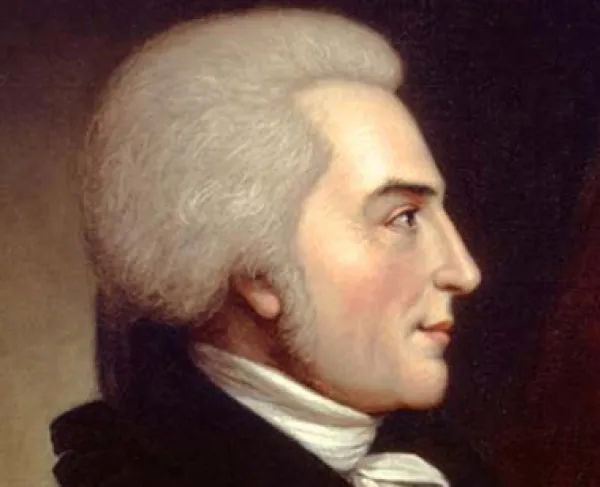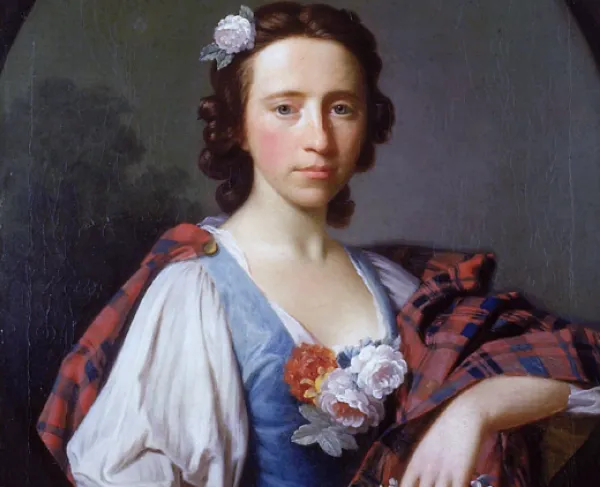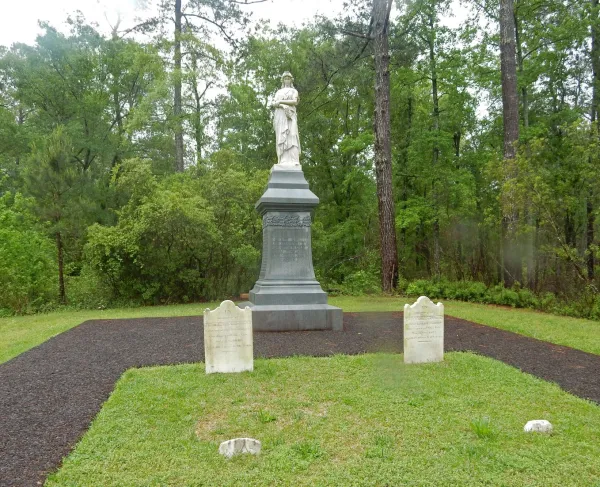William Richardson Davie

William Richardson Davie was born in northern England in 1756. In 1763, Davie’s family moved to the Waxhaw region of South Carolina. In 1776, he graduated with honors from the College of New Jersey (later renamed Princeton University). He then moved to Salisbury, North Carolina to study law under Spruce Macay, who later provide legal training to Andrew Jackson. His legal training, however, was disrupted by the war with England. From 1777 to 1778, Davie served in the militia and in early 1779 he organized his own cavalry unit. He was severely wounded in June, 1779, at the Battle of Stono Ferry in South Carolina. After recuperating, he organized a new unit to harass the British forces that had invaded and occupied South Carolina. In early 1781, General Nathanael Greene asked Davie to serve as his commissary-general. After the war, Davie entered politics as a Federalist. He was one of the few foreign born delegates at the Constitutional Convention in 1787, where he helped break the deadlock between small and large states over legislative representation. As a member of the North Carolina legislature he sponsored the bill that created the University of North Carolina. Davie was elected Governor of North Carolina in 1798 but resigned a year later when President John Adams asked him to help negotiate the treaty that ended the Quasi War between France and the United States. After an unsuccessful run for the House of Representatives in 1804, Davie retired from public life. He spent the remainder of his years at his estate, Tivoli, in South Carolina, where he died in 1820.





